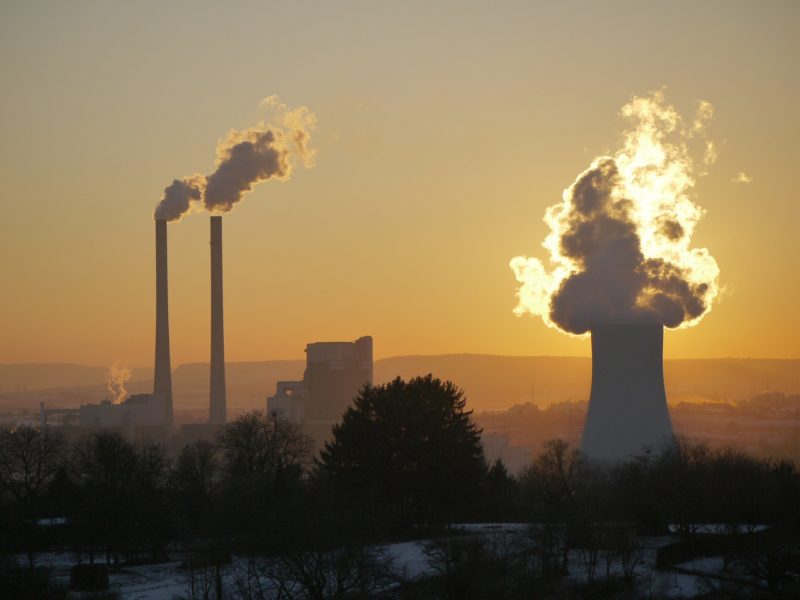The days of coal-powered generation are over in Germany, thanks in part to the COVID-19 crisis, according to the country’s renewable energy federation, the Bundesverband Erneuerbare Energie (BEE).

The federation’s president, Simone Peter said that the Covid-19 crisis has changed the energy industry drastically, with coal at a near stand-still, and few lignite-powered facilities still connected to the country’s grid.
In their stead, she noted, gas had returned to the country’s energy mix in greater force, to complement solar and wind energy.
“You can’t just close your eyes to that. Now it is time to honestly assess the situation on the electricity market and to boldly tackle the right climate and energy policy measures,” she said in a statement.
“The age of coal power generation is over. We cannot allow it to flare up again briefly after the Covid-19 crisis,” Peter said.
According to the federation, smaller, more numerous power grids can guarantee efficient balancing of decentralised generation, as well as demand management.
“Decentralized, flexible capacities are therefore required to flank the fluctuating renewable sun and wind that need to be expanded.
“Sufficiently developed power grids guarantee efficient balancing of decentralized generation. Demand management (load management) and, in the future, storage and power-to-x systems are also necessary in order to coordinate load and generation,” Peter added.
The federation appealed to Germany’s government to take these concepts forward to help drive the country’s transition to clean energy.
“This is where the federal government has to start. A well-coordinated safety network made up of small, controllable, flexible power plants is the key to further driving the energy transition. We should now talk about this instead of new delays in the final shutdown of unnecessary coal piles,” concluded Peter.